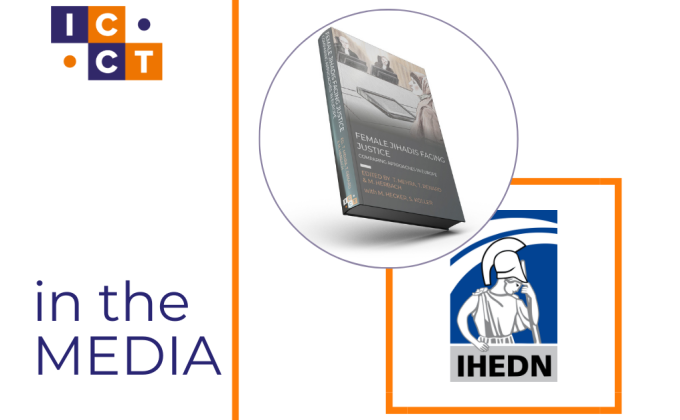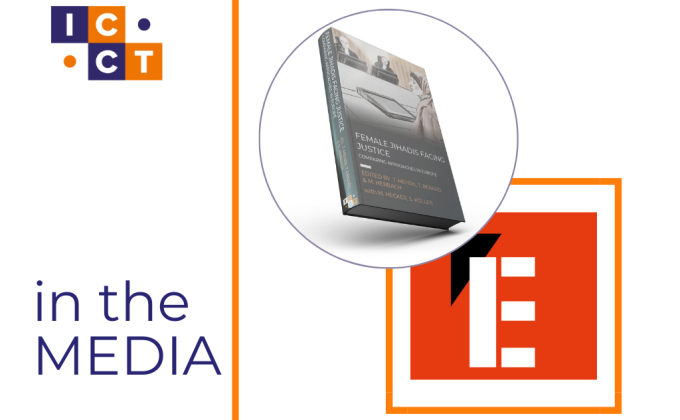Since 9/11, financial institutions have found themselves placed squarely on the front line of efforts to combat terrorism: countering terrorist financing has been a core element of the global counter-terrorism architecture since President George W Bush signed Executive Order 13224 promising to starve terrorists of funding. Financial institutions have played valuable "post-event" forensic roles, but despite the apparently immense troves of data they hold, their effective involvement in the identification and disruption of terrorist intentions or activity remains elusive. With global authorities consumed with the mushrooming growth of "foreign terrorist fighters" (FTFs), it seems timely to revisit the question of how financial institutions can play a more preventative role in countering terrorist threats. As the intergovernmental Financial Action Task Force (FATF) noted recently, "greater domestic cooperation among AML/CFT [anti-money laundering and countering the financing of terrorism] bodies and other authorities" is needed to tackle funding of FTFs. Banks must play a key role in the development of this architecture.
The issue of FTFs flowing to and from the conflict in Syria is likely to shape the international security agenda for the foreseeable future. Identifying citizens who have joined terrorist groups in Syria and Iraq pose a threat to the UK. The UK is certainly not alone in Europe in facing this threat. Evidence suggests these fears are now being realised. Both the scale of the issue in the context of the Syrian conflict and the speed with which the numbers have risen have caught international security authorities off guard, which – it would seem – have only belatedly appreciated the magnitude of the challenge. Whilst there has been much discussion and debate about who these travelling fighters are, their motivations, and the threats they pose, the majority of this analysis has focused on the role of social media in this phenomenon.
This Research Paper, by contrast, considers another source of data that could inform this analysis, namely the financial intelligence (FININT) generated by the huge quantities of transaction data gathered by the financial-services industry as it processes bank transfers, ATM withdrawals and credit-card transactions. It asks what barriers exist to greater partnership and information sharing between the security authorities and the financial-services industry in tackling terrorism. And whether, within the parameters of acceptable data-privacy restrictions, an intelligent and intelligence-led relationship between the security authorities and the financial-services industry could provide greater and more timely insight into which individuals are travelling to Syria or are already in-country, and (perhaps most importantly) who, having been exposed to the extremist ideology espoused by groups such Daesh, has returned home.
The lack of partnership and information sharing between the public and private sectors is dramatically hindering the valuable role banks could play in assisting in disrupting terrorism. Advances in technology and transaction-monitoring systems have immeasurably improved the capabilities of banks and other financial institutions, such as large-scale remittance companies, to play the front-line role that is required of them by the authorities. The security threat posed by FTFs – and the apparent struggle faced by national security authorities in identifying and tracking such individuals – provides an ideal and timely platform from which to discuss the role that banks can play in countering terrorist threats, which requires urgent re-evaluation and enhancement.
The FTF phenomenon has caught security authorities across the globe off guard. Authorities in many Western capitals only awoke, belatedly, to the threat once many hundreds of their citizens had made the journey to Syria and had begun openly to promote their actions via social media. Significant resources are now being mobilised to combat the threat posed by returning radicalised jihadi fighters. For too long, banks have been held accountable for protecting the financial borders without being appropriately empowered to do so effectively. The threat posed by FTFs should provide urgent impetus for this weakness to be addressed, using the financial footprints left by FTFs to illuminate both their activity and that of the wider network to which they are connected. The financial sector has the capability to act as a significant 'force multiplier" for the security authorities. Neglecting this capability is a security weakness that must be urgently addressed.
Read the full Research Paper.
How to cite: Keatinge, T. "Identifying foreign terrorist fighters: The Role of Public-Private Partnership, Information Sharing and Financial Intelligence", The International Centre for Counter-Terrorism and RUSI 6, no. 6 (2015). DOI: http://dx.doi.org/10.19165/2015.1.06







